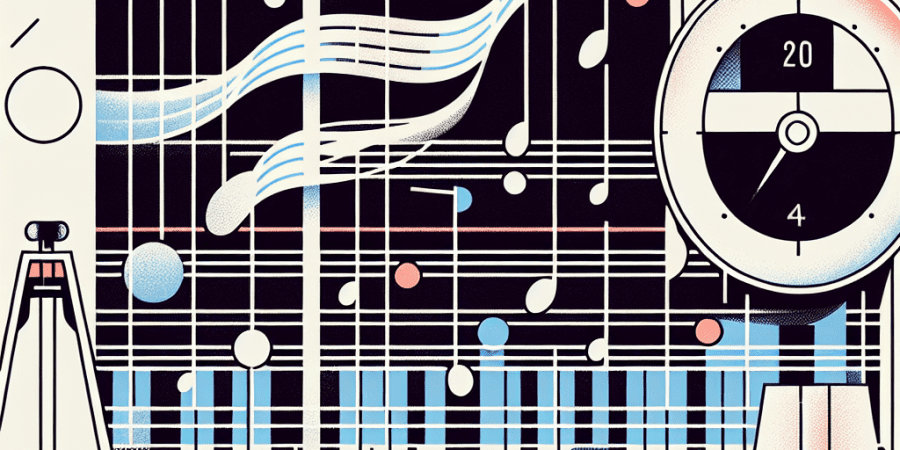Exploring Minimalism: The Influence of Philip Glass and Steve Reich
In the realm of modern classical music, few names shine as brightly as Philip Glass and Steve Reich. These two pioneers of minimalism have left a lasting imprint on the musical landscape, transforming it like minimalists transform cluttered spaces. Let’s delve into the fascinating world of minimalism and understand the profound influence Glass and Reich have had on this genre.
The Birth of Minimalism in Music
Minimalism emerged in the 1960s as a reaction against the complexity and chaos that characterized much of contemporary classical music at the time. It focused on stripping music down to its elemental components: repetition, steady pulse, and gradual transformation. Think of it as the Marie Kondo approach to music—only the essential notes that spark joy remain.
Philip Glass: The Architect of Repetition
Philip Glass, often dubbed the “Father of Minimalism,” is renowned for his distinctive style, marked by repetitive structures and evolving patterns. His works, such as “Einstein on the Beach” and “Glassworks”, challenged the traditional notions of composition.
Glass’s music is often built around small, repeating cells that create a hypnotic effect. This repetitive structure can be likened to a kaleidoscope, where a simple turn reveals a new pattern within a familiar frame. His work has vastly influenced various genres, from film scores to rock music.
Steve Reich: The Master of Phase Shifting
Steve Reich, another stalwart of minimalism, brought a scientific precision to the genre. One of his most iconic techniques is “phase shifting,” where the same musical phrase is played on two instruments but with slight timing differences. The result is a gradually evolving soundscape.
Reich’s piece “Music for 18 Musicians” is a quintessential example of this technique. It’s like watching a unique dance, where each step slightly outpaces the previous one, creating a living, breathing organism out of sound. Reich’s innovation has had ripple effects in electronic, ambient, and even pop music.
The Impact on Contemporary Music
The influence of Glass and Reich reaches far beyond the confines of classical music. Here’s how their legacy continues to shape contemporary soundscapes:
- Film Scores: Both Glass and Reich’s works have been widely used in films, bringing a new level of emotional depth and complexity. Glass’s score for “The Hours” and Reich’s use in “The Thin Blue Line” are prime examples.
- Popular Music: Bands like Radiohead and artists such as David Bowie have cited Glass and Reich as influences, integrating minimalist techniques into their music.
- Electronic Music: The repetitive, looping structures of minimalism are foundational to many electronic and ambient tracks, making the genre a playground for modern composers and DJs alike.
Personal Reflections: The Mindfulness of Minimalism
Listening to Glass and Reich isn’t just an auditory experience; it’s almost meditative. The repetitive structures and gradual evolution of their music invite listeners to enter a state of mindfulness. It’s similar to watching waves on a beach, where the patterns might seem repetitive at first, but closer inspection reveals ever-changing nuances.
While some critics argue that minimalism lacks the emotional complexity of other genres, fans find a different kind of depth in its simplicity. There is something profoundly moving about the purity of minimalist music, akin to finding beauty in a single, perfectly formed snowflake.
Conclusion: The Everlasting Influence
The minimalist movement, helmed by Philip Glass and Steve Reich, isn’t just a relic of the 20th century—it’s a living, breathing force in contemporary music. Whether you’re vibing to an ambient electronic mix or feeling all the feels during a movie score, chances are, Glass and Reich have had a hand in shaping that soundscape.
So next time you hear a piece of music that feels like it’s washing over you in waves, take a moment to appreciate the minimalist masters who paved the way. Their influence, much like their music, is minimal in form but maximal in impact.
Feel inspired? Turn on some Glass or Reich, sit back, and let the minimalism carry you away!
